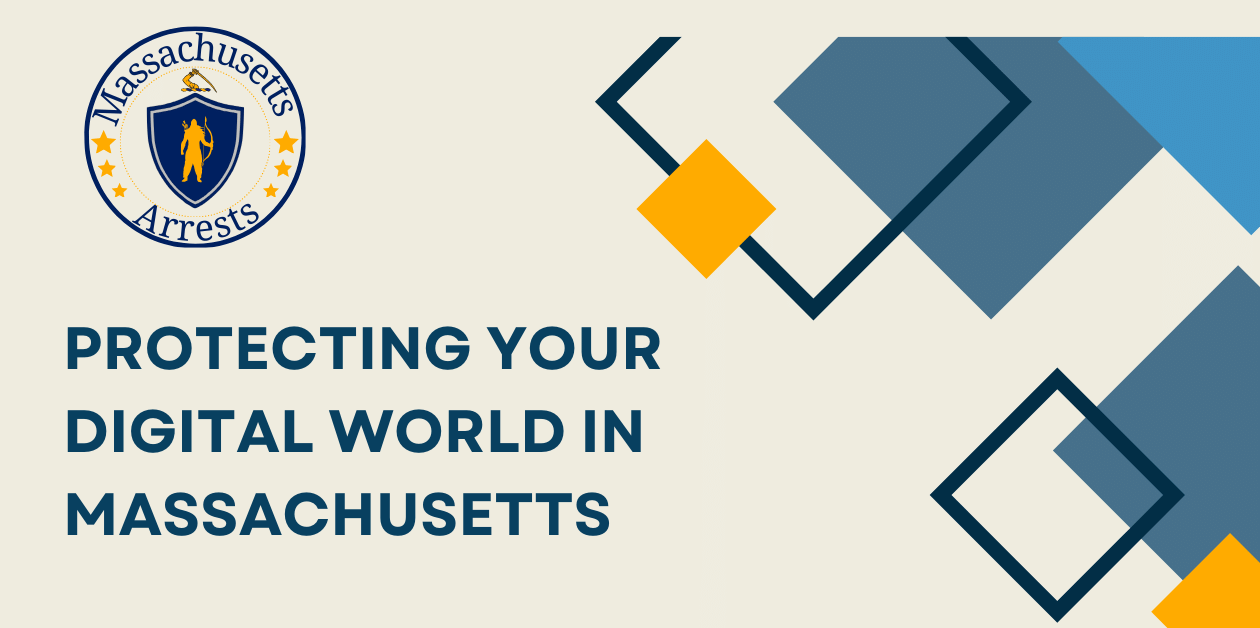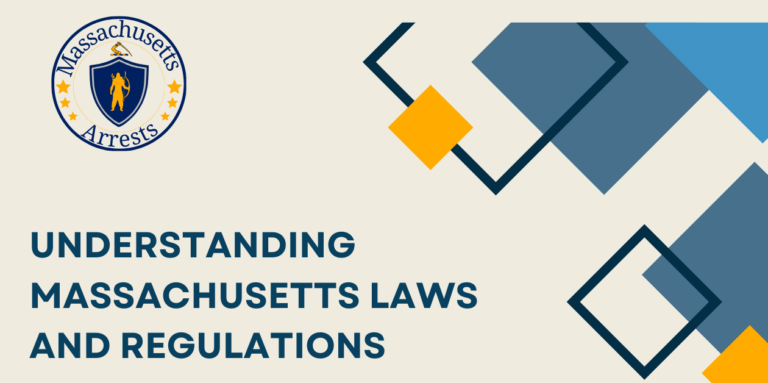Cybersecurity and Online Safety: Protecting Your Digital World in Massachusetts
In an era where cyber threats loom large, safeguarding our digital assets is of utmost importance. With the proliferation of internet-connected devices and the increasing digitization of services, the risk of falling victim to cyber-attacks has grown exponentially. From identity theft to ransomware attacks, the consequences of a cybersecurity breach can be devastating.
Cyber Threat Landscape
The cyber threat landscape is constantly evolving, with malicious actors employing sophisticated techniques to exploit vulnerabilities in computer systems and networks. Common types of cyber attacks include malware infections, phishing scams, and distributed denial-of-service (DDoS) attacks. According to recent statistics, Massachusetts has seen a surge in cybercrime, with a notable increase in data breaches and financial fraud incidents.
Understanding Cybersecurity
Cybersecurity encompasses a range of measures aimed at protecting computer systems, networks, and data from unauthorized access or damage. It involves implementing robust security protocols, such as encryption and firewalls, to defend against cyber threats. However, cybersecurity is not just about technology; it also involves fostering a culture of security awareness and vigilance among users.
Online Safety Measures
To enhance online safety, individuals can take proactive measures such as creating strong, unique passwords for each online account and enabling two-factor authentication (2FA) whenever possible. Additionally, practising secure browsing habits, such as avoiding suspicious websites and refraining from clicking on unknown links, can help mitigate the risk of falling victim to cyber-attacks.
Data Protection Laws in Massachusetts
Massachusetts has enacted several laws and regulations aimed at protecting the privacy and security of personal data. These include the Massachusetts Data Breach Notification Law and the Massachusetts Privacy Regulations, which impose strict requirements on businesses and organizations handling sensitive information.
Cybersecurity Best Practices for Businesses
Businesses play a crucial role in maintaining cybersecurity resilience. By providing employees with comprehensive training on cybersecurity best practices and implementing robust security measures such as regular software updates and data encryption, organizations can mitigate the risk of cyber-attacks and safeguard their sensitive data.
Role of Government and Law Enforcement
The government and law enforcement agencies in Massachusetts are actively involved in combating cyber threats through various initiatives and partnerships with the private sector. These efforts include sharing threat intelligence, conducting cybercrime investigations, and prosecuting cybercriminals to ensure accountability and deterrence.
Cybersecurity for Individuals
Individuals can protect themselves from cyber threats by adopting simple yet effective security measures, such as regularly updating their software, avoiding sharing sensitive information online, and securing their home networks with strong passwords and firewalls. Additionally, staying informed about the latest cybersecurity trends and threats can help individuals stay one step ahead of potential attackers.
Educational Resources
There are numerous educational resources available to help individuals and businesses enhance their cybersecurity knowledge and skills. From online training programs to cybersecurity awareness campaigns, these resources provide valuable insights into the latest threats and best practices for staying safe online.
Emerging Technologies and Trends
As cyber threats continue to evolve, emerging technologies such as artificial intelligence (AI) and blockchain are being increasingly utilized to enhance cybersecurity measures. AI-powered threat detection systems can analyze vast amounts of data to identify and respond to cyber threats in real time, while blockchain technology offers a decentralized and immutable ledger for securely storing and sharing sensitive information.
Challenges and Future Outlook
Despite advancements in cybersecurity technology, the battle against cyber threats remains an ongoing challenge. As cybercriminals continue to develop new tactics and techniques, it is essential for organizations and individuals alike to remain vigilant and adapt to the ever-changing threat landscape. By investing in robust cybersecurity measures and fostering a culture of security awareness, we can better protect our digital world and safeguard our collective future.
FAQs
Explore our comprehensive Frequently Asked Questions (FAQ) section to find answers to common queries about ARRESTS.ORG MA.
What is cybersecurity?
Cybersecurity refers to the practice of protecting computers, servers, mobile devices, electronic systems, networks, and data from digital attacks or unauthorized access. It involves implementing measures to prevent, detect, and respond to potential threats, such as hacking, phishing, malware, and data breaches.
Why is cybersecurity important?
Cybersecurity is crucial because our digital world is constantly evolving, and with it comes new risks and vulnerabilities. Without proper cybersecurity measures in place, individuals, organizations, and governments are at risk of financial loss, reputational damage, intellectual property theft, and even compromising national security.
How can I protect my digital world?
To protect your digital world, it is essential to follow best practices for cybersecurity. This includes using strong, unique passwords for each online account, regularly updating your software and devices, being cautious of suspicious emails and attachments, avoiding clicking on unknown links, and using reputable antivirus software.
What are some common online safety threats?
Common online safety threats include phishing attacks, where cybercriminals attempt to obtain sensitive information such as passwords and credit card details by impersonating trustworthy entities. Malware, such as viruses and ransomware, can also infect your devices and hold your data hostage. Additionally, social engineering tactics, like manipulating individuals into revealing confidential information, are commonly used.
How can I protect my privacy online?
To protect your privacy online, it is important to be mindful of the information you share and with whom. Limit the personal data you provide on social media platforms, adjust privacy settings to control who can access your information, and be cautious when sharing personal details on public Wi-Fi networks. Using secure and encrypted communication channels, such as virtual private networks (VPNs), can also enhance your privacy.
Where can I find resources for cybersecurity in Massachusetts?
In Massachusetts, there are various resources available to enhance your cybersecurity knowledge and protect your digital world. The Massachusetts Office of Consumer Affairs and Business Regulation provides information on cybersecurity best practices, and the Massachusetts Cybersecurity Forum offers resources and support for both individuals and organizations. Additionally, local libraries, community centers, and educational institutions often host workshops and seminars on cybersecurity.







